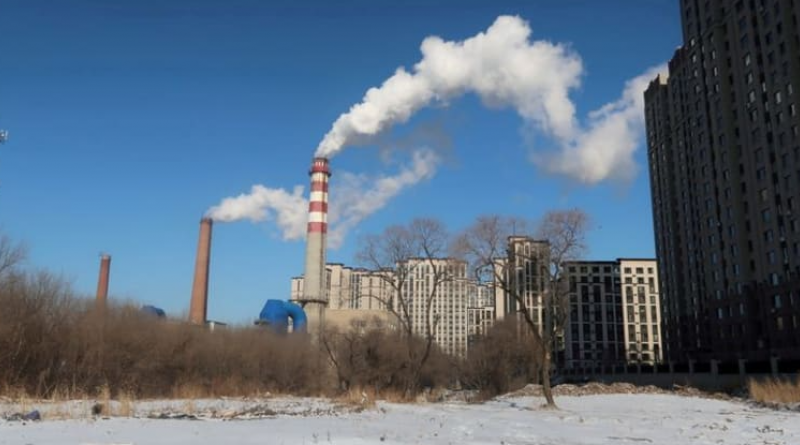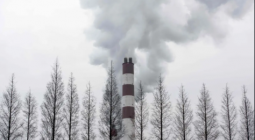China says fund for poorest countries 'biggest obstacle' in climate talks

BEIJING: Establishing a fund to help poor countries tackle climate change will be "the biggest obstacle" during United Nations talks to try to curb global warming that begin in Glasgow on Oct 31, a Chinese environmental official said on Wednesday (Oct 27).
Richer countries agreed in 2009 to establish a US$100 billion per year fund to help transfer technologies and minimise climate risks in the developing world, but progress has been slow.
Alok Sharma, president of the COP26 conference, said this week that he hoped the fund would be made available in 2023, three years later than planned.
"Doubt about whether developed countries will support developing countries coping with climate change, or simply pass their emission reduction responsibilities to developing countries, has become the biggest obstacle to the ongoing progress of this multilateral process," Ye Min, Vice-Minister of Ecology and Environment, said.
Speaking at a press briefing in Beijing, Ye said that the fund was related to "mutual political trust" as well as the practical ability of poorer nations to take action against climate change, and the COP26 meeting in Glasgow needed to "make arrangements".
China, the world's biggest emitter of climate-warming greenhouse gases, is classified as a developing country. It has continued to emphasise the principle of "common but differentiated responsibilities" enshrined in the Kyoto Protocol.
It says that richer nations with bigger historical carbon footprints should shoulder the bulk of emissions cuts.
The Paris Agreement commits countries to submit "nationally determined contributions" (NDCs) to combat climate change to the UN. China's first NDCs were published in 2016.
Climate watchers were hoping that China would include more ambitious targets and measures in an updated NDC list set to be submitted formally to the UN before the Glasgow talks begin.
In a climate change "white paper" also published on Wednesday, China said that its NDCs would include existing pledges to bring carbon emissions to a peak before 2030 and achieve carbon neutrality before 2060, both advances on 2016.
It will also increase the share of non-fossil fuels to 25 per cent of total energy consumption by 2030, up from the previous commitment of "around 20 per cent", and raise installed capacity of wind and solar to 1,200 gigawatts.
27 October 2021
cna




